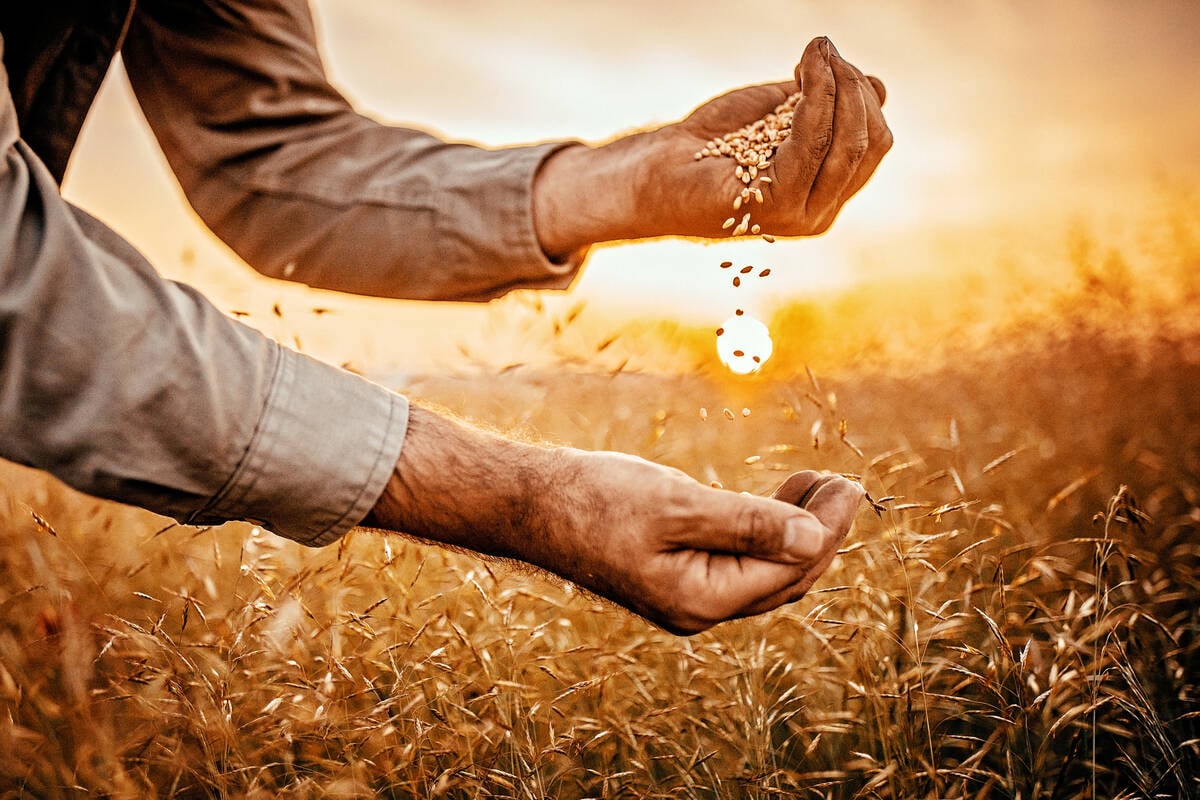Opposition MPs and farm lobbyists have received what they consider proof that the federal government could have provided more help to farmers last winter if it wanted.
And an opposition critic said he has public opinion polling proof that urban Canadians support more aid to farmers if they need it, despite government suggestions the public is tiring of farm subsidies.
On Sept. 18, finance minister Paul Martin told Parliament that the government surplus in the 2000-01 fiscal year ended March 31 was $17.1 billion. All of it went to pay down the public debt, which now stands at $547.4 billion.
Read Also

Taking a look inside Canada’s seed regulatory overhaul
ive years, eight task teams, 130 volunteers and 135 recommendations later, Canada’s seed industry is still waiting for meaningful regulatory change.
He said the government has paid off $35.8 billion in the national debt since 1997, saving the government $2.5 billion a year in debt servicing charges.
But critics quickly said that when the government said last March it could give farmers little more than half of the $900 million in farm aid they had requested, the implication was that no more could be afforded.
“It’s plain that by March 1, when the announcement was made, the government knew it was sitting on a very large surplus,” Canadian Alliance agriculture critic Howard Hilstrom said in a Sept. 20 interview.
“It is paying down the debt and we have advocated that. But it also should have realized that the farm community is in trouble and it needed and needs help. The government has an obligation to respond.”
British Columbia MP Jay Hill, formerly with the Alliance but now in a parliamentary coalition with the Progressive Conservatives, said Sept. 21 the large surplus proves two points that opposition MPs have been making.
“It is clear that agriculture is not a priority for the Liberal government,” said the Prince George-Peace River MP. “This is the latest evidence.
“And it is clear taxes are too high. Some of that excess taxation should have been returned to the people who paid it, including farmers.”
Canadian Federation of Agriculture president Bob Friesen said Martin’s announcement of a huge surplus “makes the point that the government wasn’t sensitive to the need at the farmgate.”
He said despite a worsening economy, new demands for national security spending and Martin’s warnings that the days of big surpluses are over for the moment, the federation will continue to insist on help for farmers because of low prices and the drought.
“They have the money and there is a need,” he said.
“We can’t lose sight of the agenda.”
Last week, Conservative agriculture critic Rick Borotsik warned agriculture minister Lyle Vanclief not to be part of a government that grants airlines aid to offset losses after the United States terrorist bombings without remembering that farmers also need help.
Meanwhile, Hilstrom released a public opinion poll financed by the Canadian Alliance suggesting that Canadians support farm aid if it is needed.
When asked in late August if Canadian farmers should receive subsidies “to help them compete until farm subsidies in other nations are lowered, even if this means subsidizing farmers for many years,” 78 percent said yes.
Praxicus Public Strategies Inc. interviewed 1,002 Canadians, more than two-thirds of them from cities.
“This simply indicates what we have been saying all along, that there is public support and understanding for our farmers and it is the Liberal government that is the problem,” Hilstrom said.
“This poll is not the whole story but it certainly is a piece of the puzzle and a piece that does not make the Liberals look good.”














